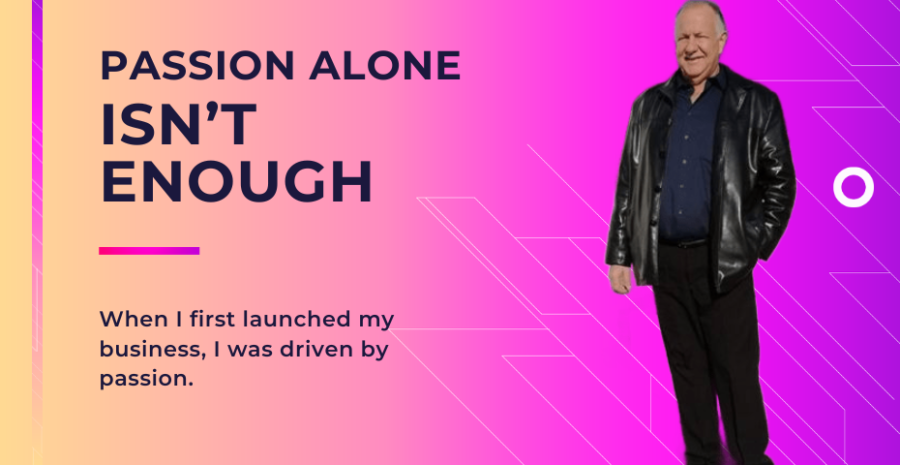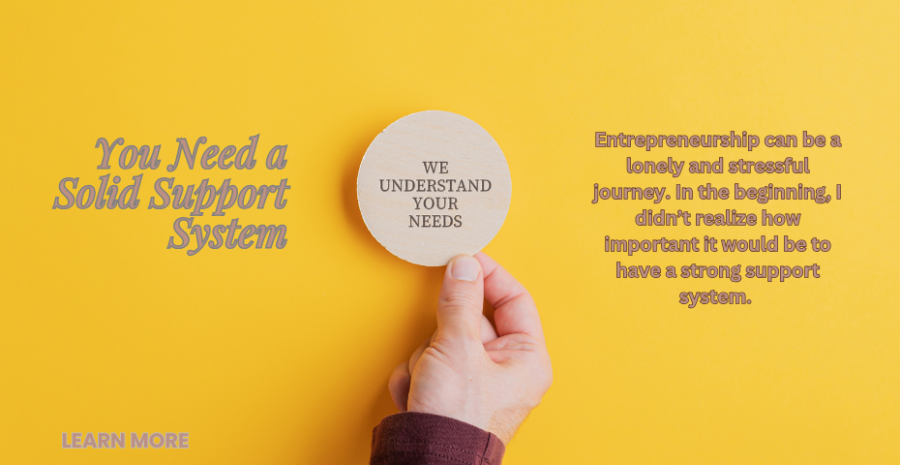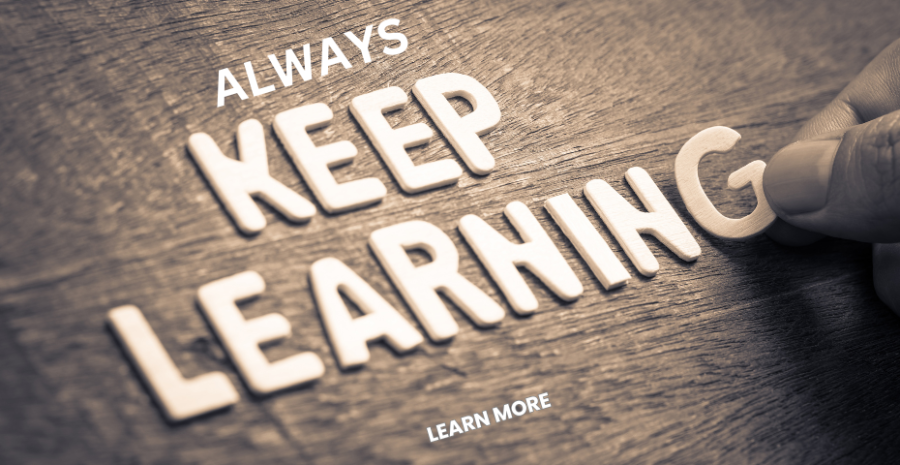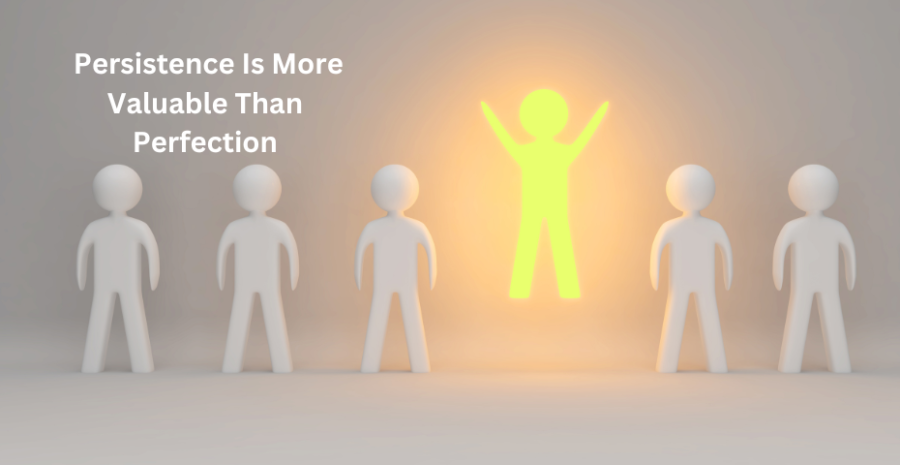
What I Wish I Knew Before Starting My Business: Lessons from a Struggling Entrepreneur

When I first started my journey as an entrepreneur, I was filled with optimism, ambition, and an unshakeable belief that success was just around the corner.
I had plans, strategies, and a vision of how my business would take off. However, what I didn’t account for were the countless hurdles, unexpected challenges, and hard-learned lessons that would come my way.
Entrepreneurship is often glamorized as a fast track to wealth and freedom, but the reality is far more complex. After years of struggling, refining my approach, and continuously learning, I realize there are things I wish someone had told me before I took the leap.
In this blog, I’ll share ten key lessons that would have made my entrepreneurial journey less painful. These insights come not just from my successes, but from my failures — the most significant learning experiences of all.
For those just starting out or those already in the thick of things, these lessons could save you time, money, and a lot of heartache.

When I first launched my business, I was driven by passion. I loved the idea behind my product and thought that my enthusiasm alone would propel me to success. What I didn’t realize is that passion, while essential, doesn’t guarantee results.
You need a solid business plan, market research, and a clear strategy. Passion can fuel your drive, but without structure and a realistic understanding of your industry, it can lead you astray.
I spent years trying to turn a passion project into a profitable venture, only to realize that I lacked the foundational business knowledge needed to make it sustainable.
.png)
I underestimated how crucial cash flow management would be. I thought I could focus on the big picture and that the money would follow. However, I quickly learned that cash flow is the lifeblood of any business.
I found myself scrambling to pay bills, cover payroll, and keep operations running because I hadn’t accounted for the financial ebbs and flows.
A steady influx of revenue doesn’t mean you’re in the clear; you have to manage when and how money comes in and out. I wish I had a firmer grasp on financial forecasting and budgeting before starting.

I always believed that if I built a great product, the customers would come. But I soon realized that business is as much about relationships as it is about products and services.
Networking isn’t just for investors and high-profile partnerships; it’s about building a community of support, mentorship, and potential collaborations.
I spent too much time isolated in my work, when I should have been out meeting people, learning from their experiences, and creating valuable connections.
Your network can open doors that hard work alone cannot.

In the early days, I tried to do everything myself. I thought that as the founder, I needed to have my hands in every aspect of the business. This led to burnout, inefficiency, and mistakes.
I realized far too late that delegation is not a sign of weakness but a necessity for growth. Trusting others with key responsibilities frees up your time to focus on the strategic aspects of your business.
Whether it’s hiring employees, outsourcing tasks, or bringing in consultants, learning to delegate is a critical skill.

I was convinced that my idea was unique and that people would flock to it. What I failed to do was properly assess the market demand.
No matter how innovative or creative your business idea is, if there’s no demand for it, it won’t succeed.
I spent a lot of time and money developing features and services that I thought people needed, only to discover that the market didn’t care.
I wish I had done more research on my target audience and their actual pain points before investing in development.

Failure is inevitable, but I wasn’t prepared for it. When things didn’t go as planned, I took it personally and saw it as a reflection of my abilities. I wish I had known from the start that failure is not only common but necessary for growth.
Every misstep is an opportunity to learn and pivot. The sooner you accept that failure is part of the process, the faster you can recover and move forward. It’s not about avoiding failure but about learning how to navigate through it.

Like many new entrepreneurs, I expected overnight success. I set unrealistic timelines for profitability and growth. When things didn’t happen as quickly as I hoped, I became discouraged.
Building a successful business takes time, and growth often comes in slow, incremental steps. I wish I had been more patient and prepared for the long haul.
Success is a marathon, not a sprint, and staying committed over time is more important than quick wins.

Entrepreneurship can be a lonely and stressful journey. In the beginning, I didn’t realize how important it would be to have a strong support system.
Whether it’s friends, family, or fellow entrepreneurs, having people who can offer advice, encouragement, or even just listen can make a world of difference. The emotional toll of entrepreneurship can be heavy, and trying to carry it all on your own is a recipe for burnout.
Surround yourself with people who believe in you, but who are also willing to give you honest feedback.

When I started my business, I thought I had everything figured out. I quickly realized that entrepreneurship requires constant learning.
The business landscape is always changing, and the skills you have today might not be enough for tomorrow. Whether it’s new technology, changing market trends, or evolving consumer preferences, staying ahead means continuously educating yourself.
I wish I had spent more time learning from others, attending workshops, and reading up on the latest industry insights from the very beginning.

One of the biggest mistakes I made was trying to perfect everything before launching. I spent countless hours tweaking, revising, and refining my product, waiting for it to be “just right.”
What I didn’t realize is that perfection is unattainable and that action beats inaction every time. If I could go back, I would focus more on getting a minimally viable product out into the world and iterating based on real customer feedback.
The key is to keep moving forward, even when things aren’t perfect.
Looking back on my entrepreneurial journey, there are countless things I would have done differently. However, every challenge, failure, and hard lesson has shaped me into the entrepreneur I am today.
Success in business is not just about having the right idea or the perfect plan; it’s about resilience, adaptability, and continuous growth. I’ve learned that entrepreneurship is as much a personal journey as it is a professional one.
Each struggle, whether financial, emotional, or operational, has made me stronger and more prepared for future challenges. To anyone considering entrepreneurship or currently battling the tough times, know that you are not alone.
Take these lessons to heart, but also remember that your path is uniquely yours. Embrace the struggle, learn from your mistakes, and never stop moving forward.
Success may not come quickly, but with persistence, patience, and the willingness to adapt, it will come.
.png)
About: Andries vanTonder
Over 45 years selfemployed
He is a Serial Entrepreneur, an Enthusiastic supporter of Blockchain Technology and a Cryptocurrency Investor
Find me: Markethive Profile Page | My Twitter Account | My Instagram Acount | and my Facebook Profile.
